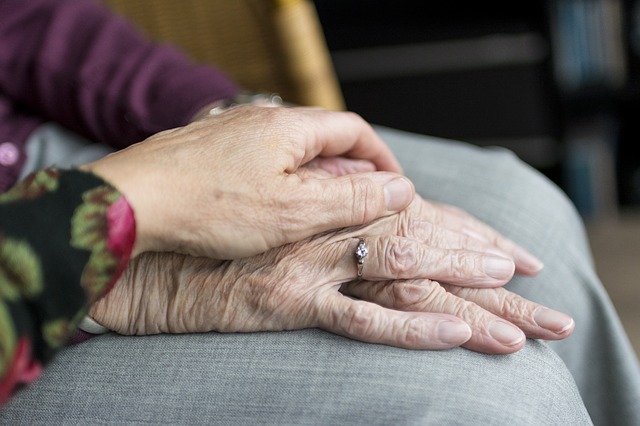What Should Your Beneficiaries Do If the Unthinkable Occurred?

Whether you’re a partner, a spouse, a grown-up child or sibling, in the event of your untimely death, the first thing they should do is get in touch with whoever it was that had been paying you and inform them of your passing. Once they’re made aware, they will have professionals to take care of the details from there.
But what does it mean when we say paying party?
Well, if you’re were currently employed when you died, then it would be them. The human resources department, or at the very least your immediate manager, should be who your beneficiary gets in contact with. You should make sure the people in your immediate circle has an email or phone number or some other easy way to get in contact with your job.
Once retired though, your beneficiary should get in touch with the OPM Retirement Services, as they would be your paying party then. Again, your survivor should know the phone number and email of these offices, and make sure they also have your full name and Social Security Number readily available.
Now there are several benefits that your survivors can take advantage of after your passing. They are:
1. Life insurance. Either the specific life insurance pertaining to your particular agency, or the standard Federal Employees Group Life Insurance plan.
2. Thrift Savings Plan. Whatever you can collect from the TSP is at the discretion of the current TSP, and can be contingent on whether you had initiated a withdrawal or not before you died.
3. Retirement benefits like CSRS and FERS, which might encompass the monthly benefits your beneficiary would receive or even a possible lump payment of any outstanding contributions you had made.
4. Final paycheck. If you died while still employed, your unpaid salary and paid leave time should be given to your beneficiary.
After alerting the appropriate parties, to receive these or any benefits, filing claim forms would be the next step. You can receive these from the deceased’s human resources department. The OPM or the employer will figure out who the proper beneficiary is for all life insurance benefits and any unpaid monies from working. The Standard Order of Precedence is usually how federal benefits are determined.
OPM and human resources workers will be able to help your survivors when working on and putting in any claims forms, or at the very least they’ll be able to give you guidance on your next steps. They will change as needed the status of your federal health insurance and give your contact information to the TSP and Social Security offices.
Lastly, copies of your death certificate will need to be provided to your beneficiary. 5 to 10 copies should be enough. Many of these offices will need copies of that death certificate and having them on hand should streamline the process.






